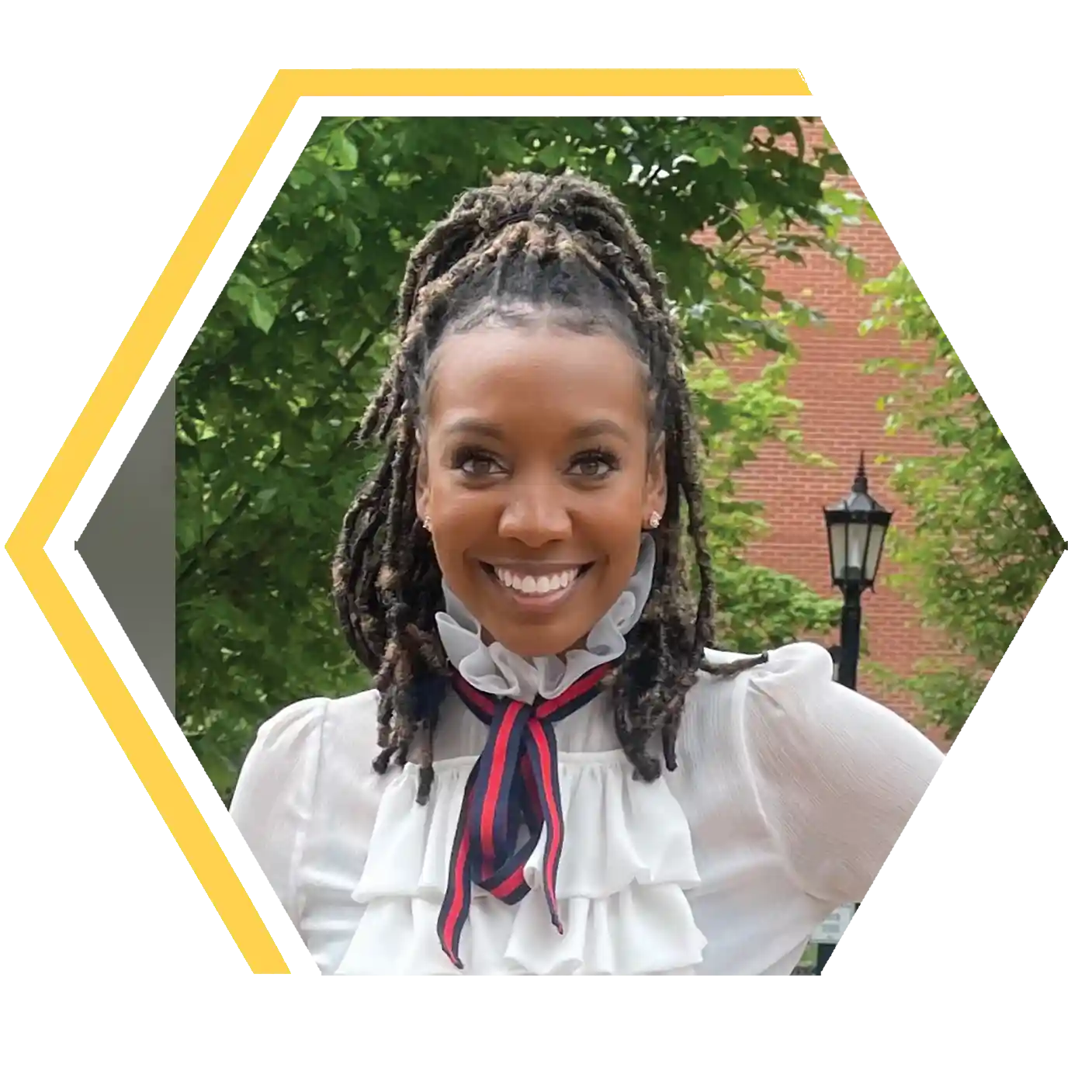
As a freshman in college, I felt confident about my life’s path. I majored in Nursing, consistent with my history of service to others. A bonus was the great group of friends I had in the nursing program.
By my sophomore year, however, I was feeling completely lost. I was bored with the nursing program but extremely stressed out at the idea of trying to find another major. What else could I do that would serve others but also guarantee a decent income? My friends didn’t seem to understand what I was going through. But how could they? I was too embarrassed to even tell them I wasn’t enjoying the classes the way they were. And though I had a close and supportive family, the idea of telling them what I was feeling was anxiety-producing. The confident path I had been on vanished. I was left spinning.
When I found my way to the guidance counselor at my university, she asked me all sorts of questions about my life and interests. I remember talking a lot about my history as a volunteer with the Salvation Army and local nursing home.
After hearing all this, she asked, “Have you considered social work as a career?”
I laughed out loud. “Isn’t the whole point of college to get a degree that prepares me to support myself? Social workers work really hard, put in long hours at all times of day and night, and often place themselves in possibly dangerous situations—separating kids from their parents, for example. And all that for little to no money. No way do I want to get into that profession!”
“I hear your doubts, but social work seems like such a natural fit with your past history and values,” she responded. “How about at least exploring it as an option? What if you enrolled in just one course, Introduction to Social Work, next semester? Just to see what all the field entails. Even if you don’t end up majoring in social work, the course would count as an elective.”
I did enroll in the course the guidance counselor recommended, but also decided to do some in-depth research on my own on the field of social work. I figured if I didn’t find anything I was interested in, maybe I could get out of the social work class and find something else. But the more I researched, the more surprised I became at the vastness of the field. I found jobs I never would have guessed fell under social work education. And many of those answered my felt calling of helping others, as much if not more than nursing would.
I started seriously considering changing my major from Nursing to Social Work. But if I felt lost before, now I was panicked. With the nursing major it seemed simple—my family and friends were all on board and I would easily get a job with steady pay. Changing my major to Social Work would totally uproot that plan. I couldn’t see a direct path to success. And I knew that my friends and family would think the same things I had thought—that social work would be all work and little pay.
I decided to separate myself from my friends during this time of indecisiveness. I felt a need to focus on myself and my well-being. I was afraid spending time with loved ones right then would only inflame my anxieties. I would only hear more doubts about a career path and financial security.
I started journaling. I wrote everything I could think of—how scared I was to change majors, the opinions of my friends, the judgments I’d probably receive, the possibility that I would invest so much in my education only to gain a low-paying job, the agony of not having as clear a career path as nursing provided, the fear of being an outcast among my friends. The list went on.
After several days of writing down predominantly negative emotions, I thought of Jeremiah 29:11. (“For I know the plans I have for you,” declares the Lord. “Plans to prosper you and not to harm you, plans to give you hope and a future.”) This prompted me to write down affirmations:
After days of these affirmations, I felt able to believe in myself, and in my decision to change my major to social work. I also felt prepared to talk to my friends and family about it. When I did so, I also told them of all the research I had done, and my discovery that social work was a giant field offering a vast variety of job roles and opportunities. Some of my friends were surprised, and as I expected, quite skeptical. But many of them were happy for me. They didn’t seem to have the intensity of judgment I expected.
I had found my path.
Shanquela Williams received a Master of Social Work from the University of Houston Graduate College of Social Work (GCSW), where she was introduced to the field of health behavior. She is currently a candidate for a Doctor of Philosophy in Public Health. Shanquela also worked as a financial coach for two years and is passionate about the influence of financial health on young adults.
Shanquela enjoys spending time with her family, traveling the world, and volunteering at a foster care facility. She is committed to using her experiences to bridge gaps and enhance communities, local and global.
She first encountered the Conscious Change skills in a course entitled Dynamics of Leadership at GSCW, taught by the late Mary Harlan.